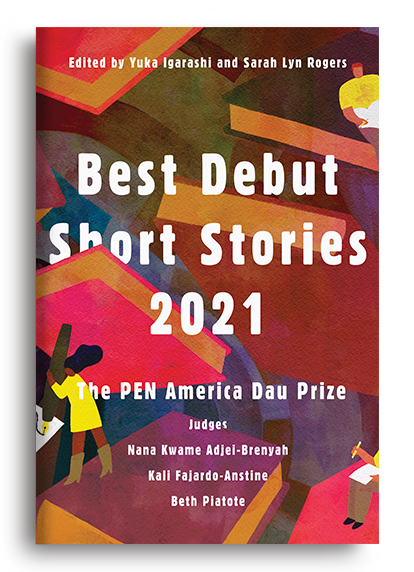What is the point of communicating if no one is willing to hear you—if people talk over you, negate you, subtract you from whichever room you’re in? Lucy Ives’s latest novel, Life Is Everywhere, introduces us to the protagonist, Erin Adamo, on page 40, lets us spend some time with her, then directs our attention to the contents of her bag for 250 pages before returning us to her life. By the time Erin enters the story, we have already read a 14-page history of botulinum toxin and spent a while in the perspectives of substitute professor Faith Ewer and Faith’s nemesis and co-teacher, Isobel Childe. So when Erin first appears, we expect her to recede again, which is what everyone else expects of her.
But Erin lingers, irritating several characters throughout the book. No one seems to enjoy contending with her presence. They want her gone as quickly as possible, or to be someone else, or a blank slate to reflect the self-affirming story of their own superior intelligence, worldliness, style, etc. When Erin visits her parents, they’re furious that their guest is Erin and not Erin’s husband—but they’re also delighted to have an emotional punching bag. Characters are repeatedly enraged by Erin’s lack of presence, which just makes them want to squash her flatter, into nothing. How can Erin possibly communicate if she is negated every time she tries? How could anyone?
French actress Sarah Bernhardt, who is cited briefly in the novel, offers one option for being heard: cultivate an air of defiance, becoming larger than life, undeniable. Born to a Dutch Jewish courtesan and an absent father, she did not come from institutional power but became an institution herself. She had—or sculpted—the kind of outsized personality that made this possible: sleeping in coffins, pressuring her paramour to rewrite Shakespeare for her starring role in Hamlet, feeding her pet alligator “too much” champagne. But such excess isn’t always a viable option: Erin expects to be ridiculed for drawing any attention to herself—and her expectation is correct.
Another way to be heard is through disguise, a double life. Shed the you-ness that everyone’s familiar with, so that your words can flow unimpeded by other people’s preconceptions of the person uttering them. Perhaps the most famous example of this is the play Cyrano de Bergerac, written by Sarah Bernhardt’s lover, Edmond Rostand. (Ives herself is a fan; the play features heavily in the afterword to her 2019 novel Loudermilk: or, The Real Poet; Or, The Origin of the World). Cyrano is set in seventeenth-century France and follows two men who fall in love with the same woman, Roxane, and join forces in their efforts to win her love. Christian is handsome, but dull; Cyrano is a swashbuckler and a devastating wit who knows how to speak romance—but he has a big nose, so obviously nothing is going to work out for him. Christian is the face of the operation; Cyrano feeds him his lines and writes romantic letters on Christian’s behalf. Like two kids stacked in one giant trench coat, the pair becomes, briefly, a mecha-wooer.
(Thanks for reading the beginning! For the rest of the essay, please visit The Millions.)













